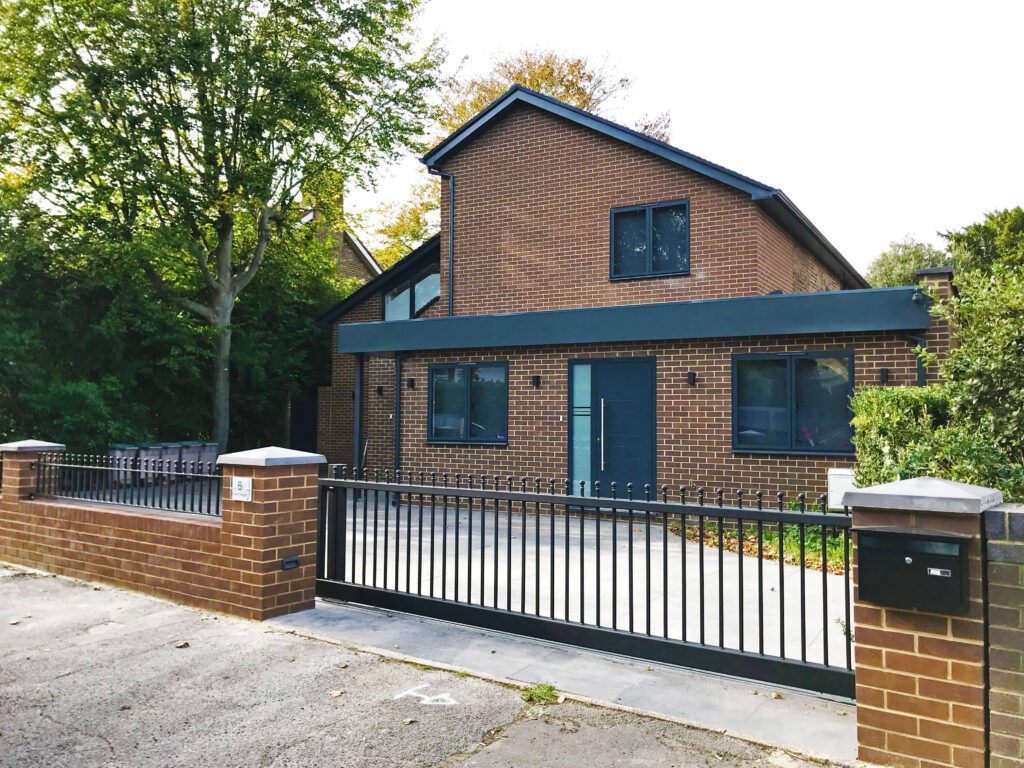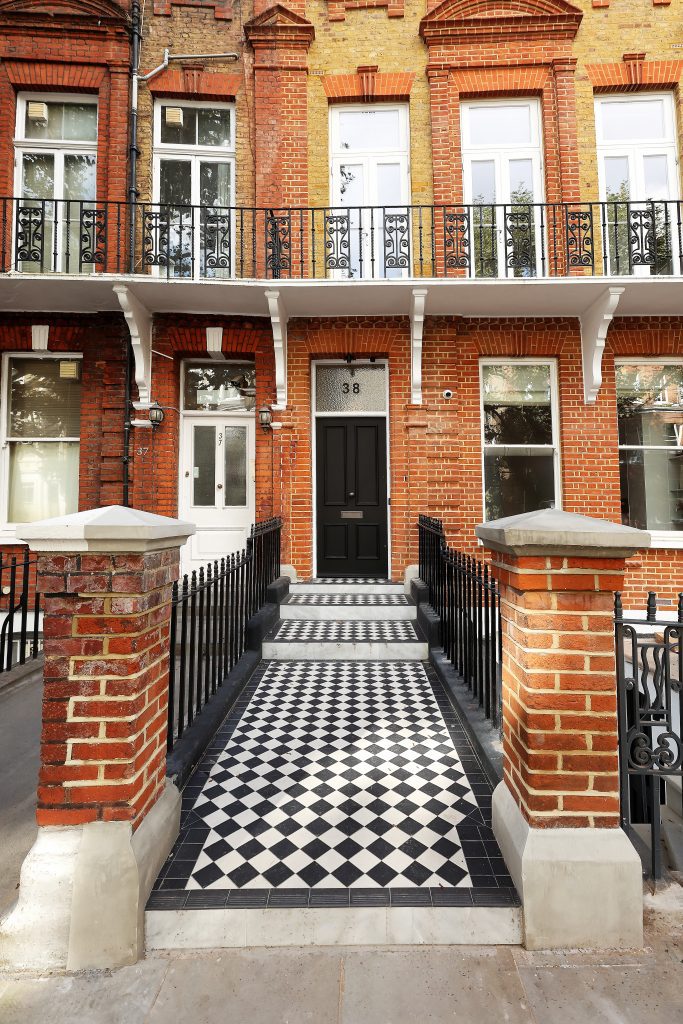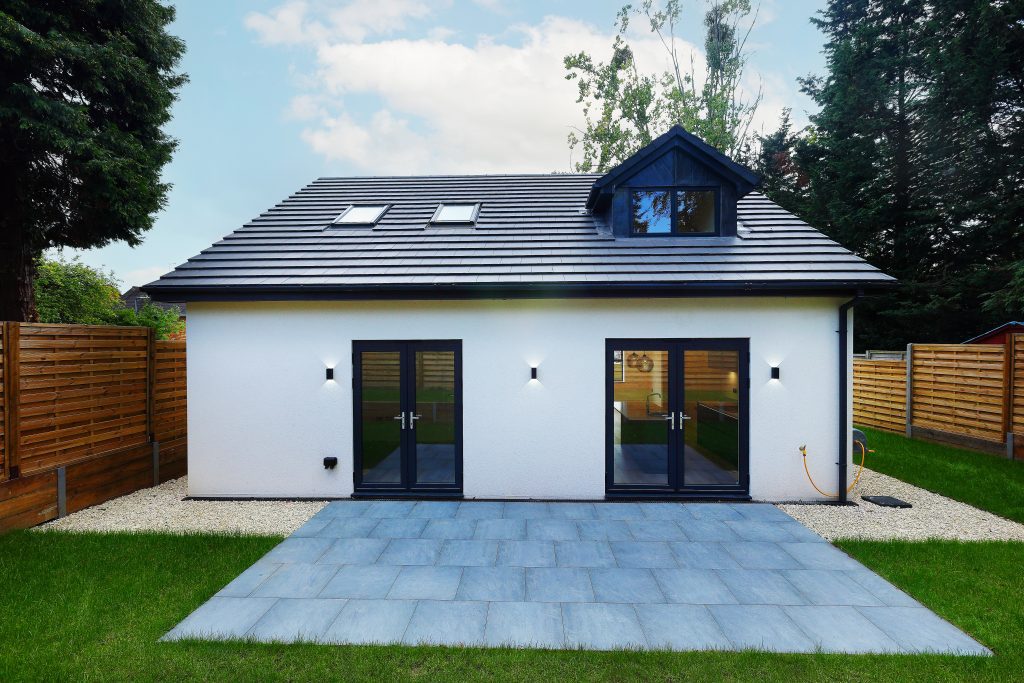Building an extension to your home is a dream come true for most people, and an exciting project to undertake. You will create additional space for you and your family without moving to a new house, in addition to adding value to the equity in your home.
However, it is important not to jump head first into your construction project without first planning ahead, to make sure your project runs smoothly, on time, on budget, and with the minimum of disruption.
Here are 5 tips you need to address when planning your project.
Planning permission issues
One of the most important issues that needs to be addressed when planning for a house extension is whether or not planning permission will be required, as no work can proceed without the appropriate permissions and approvals.
Your contractor will be able to advise you on the exact specifics as to whether local planning permission will be required. Today, many extension projects fall within permitted development rights. This means that, provided your extension meets certain requirements, then planning permission is not required, saving time and complications to the project.
If your contractor has established that planning permission is required, then you will need to work closely with your contractor and architect to prepare detailed plans to submit to the local planning authority in order for them to consider your application. Be sure to hire a contractor who has extensive experience of extension projects which require planning permission, in order to avoid any unnecessary delays.
Be clear about your budget
Before you start your extension project, you need to be clear about your budget. In fact, you need to decide on your budget before you even start planning your project. You will waste your time if you start to make plans for an elaborate double extension, if your budget will only stretch to a simple rear extension or single storey extension project.
You will also need to carefully consider the level of specifications you can afford for your house extension project. For example, you will need to budget for kitchen fixtures and fittings, and types of windows and other architectural features you require.
This is where it is crucial to hire an experienced and reputable contractor, who will advise you what can be achieved within your budget. When you work with the specialist renovation and development team at Fittra, we will advise you through every step of the design and planning stage, and provide you with a detailed schedule of works, alongside a fixed quote, to ensure that there are no surprises along the way.
Finally, it is highly recommended that you have a contingency fund, just in case. Even with the best plans, the best building contractor, sometimes unforeseen events can occur, and it is better to be prepared – and if the project proceeds to plan, then you will have some extra cash left over!
Where will you live during construction
An overlooked fact when planning a house extension is where you and your family will live during the construction phase of the building project. Depending on the size and structure of the extension, the construction can take as long as 5 or 6 months, in the case of a double storey extension.
An experienced contractor will not only advise you on the areas of the house where you and your family will not have access to during the build, but they will put measures in place to minimise the disruption, such as wrapping furniture in dust sheets, using dust barriers, or advising you to vacate your home for a period of time during the most impactful periods of the construction project.
Consider the impact on your neighbours
Ensuring that you keep good relations with your neighbours is often an overlooked factor in house extension plans. It is important to communicate your plans to your neighbours, and be as respectful as possible – after all, they will still be your neighbours after the project is completed.
In addition, from a legal and practical perspective, you may need their consent for a party wall agreement. If any work is being carried out which affects a boundary wall, then you will need their consent to carry out the necessary works.
Choosing the right contractor for your house extension
Probably the biggest factor in whether a house extension project is a success or a failure is your choice of building contractor. Sometimes it may be tempting to choose the contractor who will give you the cheapest quote, however, this nearly always ends up in disaster.
These problems can be avoided by following some simple advice. Firstly, ask to see some of their previous work. A reputable builder will only be too glad to put you in touch with some of their previous clients for their feedback, and offer to show you their previous work – if they are unwilling or unable to do so, then this should set off alarm bells.
In addition, make sure that they are fully licensed and insured, so that if any problems do arise during the construction project, any losses can be recovered from the insurance company.
Fittra is a leading London based contractor, specialising in high-end renovation and development projects. Throughout our years of experience we have built up an extensive network of contacts of reliable sub-contractors who they will have worked with on previous projects, thus ensuring that the project will run smoothly and with minimal disruption.
Fittra will oversee the whole process, from drawing up detailed designs for the house extension, through to supervising the various sub-contractors during the construction phase.
They will also act as a project manager, and provide a single point of contact who will be available to answer any queries you may have regarding the project, from start to finish.








